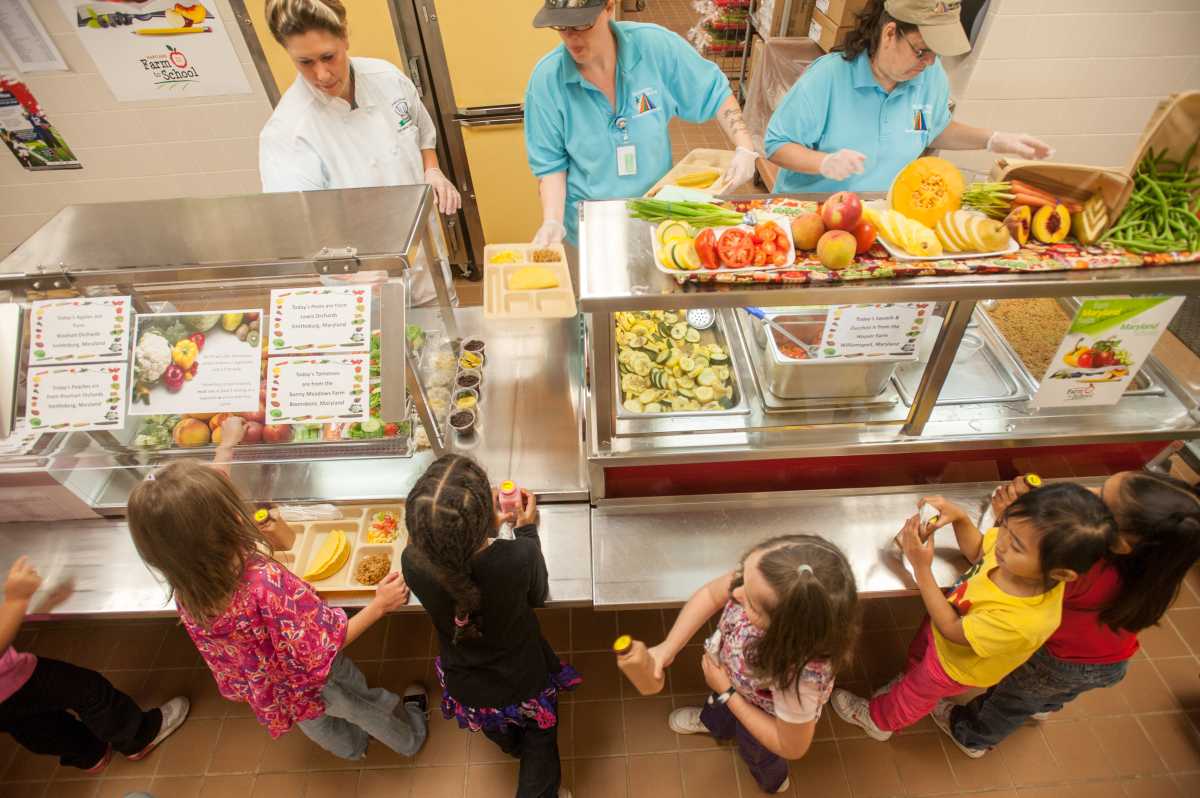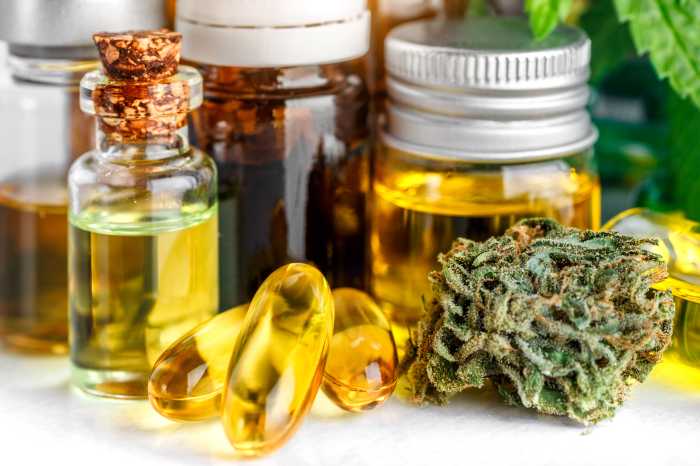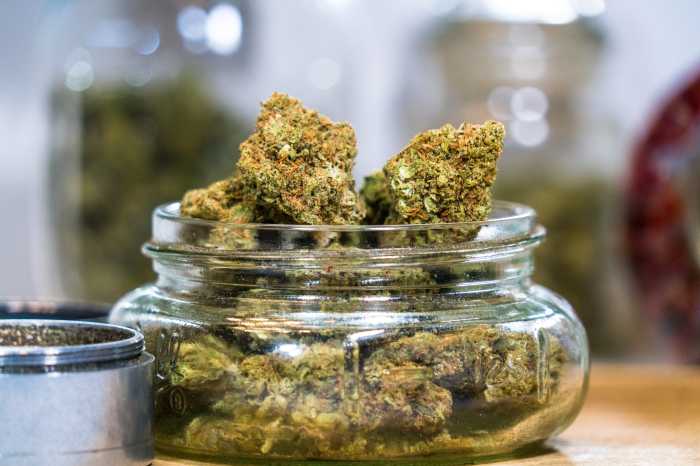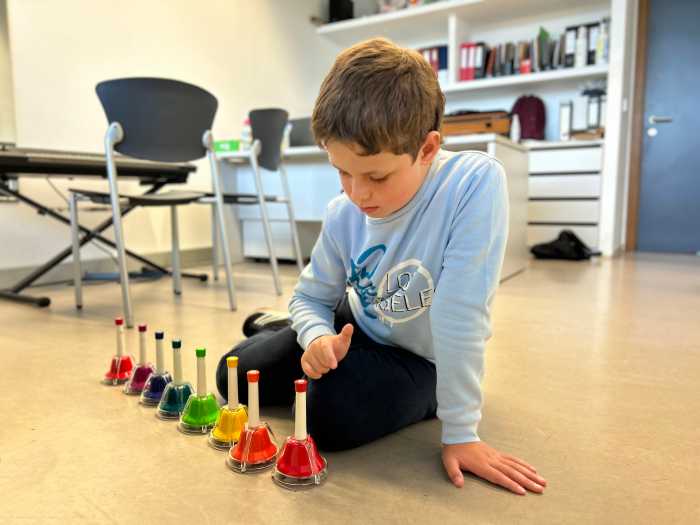I didn’t expect to see so many children with constipation. While working as a nurse for less than a year in a children’s hospital’s emergency department in Philadelphia, I’ve seen more kids brought in for constipation than I imagined possible after years working on the adult side.
Baffled by the sheer number of kids dragged into the hospital to seek relief, I started looking into this issue. I was surprised to find that almost 1 in every 20 children’s visit to the doctor is due to constipation—of which only 5% is caused by diseases. In other words, other factors such as diet, stress, environment, and coping skills causes 95% of constipation in children.
It’s no surprise that a high-fiber diet from fruits, vegetables, and whole grains helps. But over 1 in 5 Philadelphians—and 1 in 3 children in the city—face food insecurity. This inequity has worsened since the pandemic and affects Black, Hispanic, and Latino communities at a greater level. Combined with food deserts and other longstanding socioeconomic inequities, food insecurity leads to worse nutrition and health. In North Philadelphia, 70% of kids are overweight or obese, setting them up for conditions such as heart disease and diabetes. In the adult emergency room, I see my patients suffer from these complications all too often.
We need to give our kids a better, healthier environment. Schools are an excellent place to start.
The Keystone Fresh Act (also known as House Bill 2420) is a bill that provides grants of up to $650,000 for public schools in Pennsylvania to purchase local food products. Examples of these products are whole fruits, vegetables, legumes, and grains grown in the state. Currently, Pennsylvania schools spend less than 2% of the $729 million of their federal child nutrition budget per year on PA-grown foods.
The Keystone Fresh Act will not only improve school meal nutrition but also support local farmers—with special support for veteran farmers—and reduce pressure from large farming businesses. It will also lower greenhouse gases produced from food transport.
Others may argue that the higher demand from schools to local farmers will increase prices for other buyers, such as hospitals. Even if this were true, it is important to remember the long-term goals. Improved school meal nutrition and less fossil fuel use lead to better health for both children and adults, such as fewer people suffering from heart attacks and air pollution. For kids, research shows that improved nutrition decreases the risk of obesity, heart disease, and cancer and even improves performance in school.
Some may argue that seasons like harsh winters limit local produce, causing schools to lose money that they could have used to buy from farms outside Pennsylvania. However, this bill is designed to give Pennsylvania tax-funded grants to buy local food products, so schools will not lose their federal child nutrition funds.
The Act was introduced by State Representative Danilo Burgos (D-Philadelphia) and passed through the PA House on July 1, 2024, with a 145-57 vote.
The PA Senate Education Committee could review the Keystone Fresh Act sometime this fall. We need your support. Find your state senator here. Call, email, or write to them to support this bill. Sign the PA Farm to School Network’s letter in support of the bill as an individual or organization.
If you are a parent or work at a public school, you can even ask your state senator to visit your school and eat a lunch tray with the students. Let’s get them on board for a healthier tomorrow—for our children, our farmers, and our planet.
Ruth T. Lee, BSN, RN, is a Family Nurse Practitioner student at the University of Pennsylvania.



























